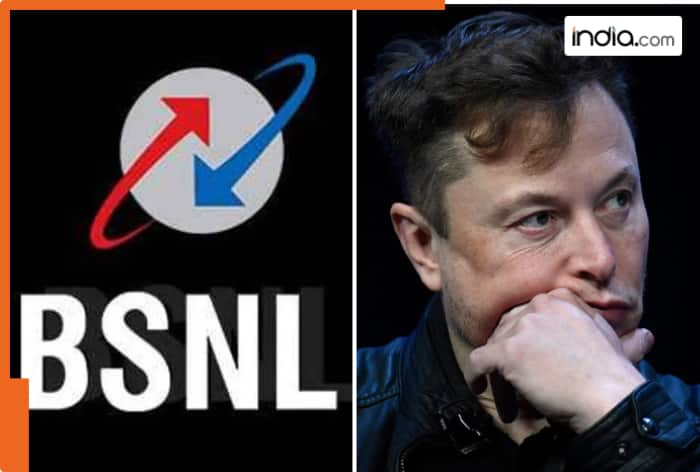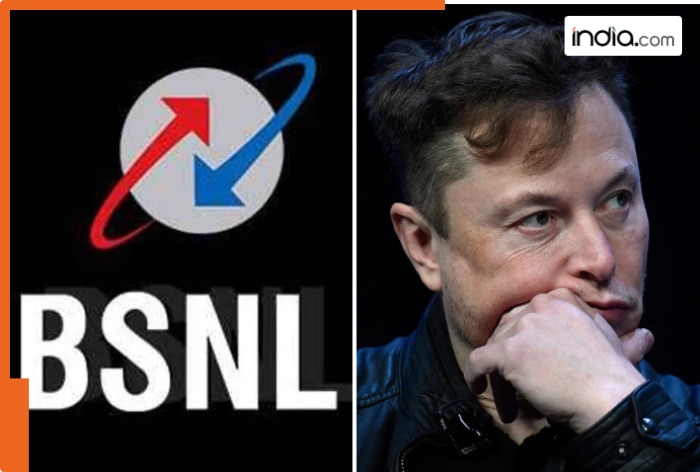Before Mukesh Ambani’s Reliance Jio, Sunil Bharti Mittal’s Airtel, and Vodafone Idea, BSNL launched its Satellite-to-Device service, posing a challenge to Elon Musk’s satellite internet.

BSNL Satellite-to-Device Service: The government-owned telecom company BSNL has delivered a major blow to private telecom companies such as Mukesh Ambani’s Reliance Jio, Sunil Bharti Mittal’s Airtel, and Vodafone Idea by launching India’s first Satellite-to-Device service. BSNL took the lead while private players were still building their strategy to counter Elon Musk’s satellite internet. Notably, the Satellite-to-Device Service allows seamless mobile connectivity even in areas without mobile towers or signals. With this, BSNL has become the first telecom company in India to connect mobile phones directly through satellite.
Partnership with US-Based Viasat
When private telecom companies were strategising their move, BSNL took steps and partnered with the American satellite communication company Viasat to start this Satellite-to-Device Service. This service is expected to revolutionise mobile connectivity in remote areas.
With the help of Satellite-to-Device Service, users will be able to make a call from the remotest areas such as mountains, where no mobile towers exist.
Satellite-to-Device Service: Pending Questions
The Department of Telecommunications (DoT) took to X and announced the launch of the service, sharing a video about Satellite-to-Device Service. However, some critical details are yet to be clarified such as:
- When will the service be available to the public?
- Which regions will get access first?
- Will it be included in existing plans or require additional charges?
- If extra charges apply, what will the cost be?
- BSNL is expected to answer these questions soon.
Demonstration at Indian Mobile Congress 2024
At the Indian Mobile Congress 2024, Viasat took centre stage, emphasising the scope of two-way satellite communication and the lifesaving aspect of SOS messaging. Commercial Android smartphones, like the one used in the demo, were able to send a message to a Viasat satellite orbiting 36,000 kilometres away. This impressive display underscored the potential of harnessing this technology to keep various devices, from stylish smartwatches and diverse vehicles to heavy-duty industrial equipment, connected through satellite networks.
This collaboration between BSNL and Viasat is a major step, promising to bridge connectivity gaps across the most remote regions of the country.

